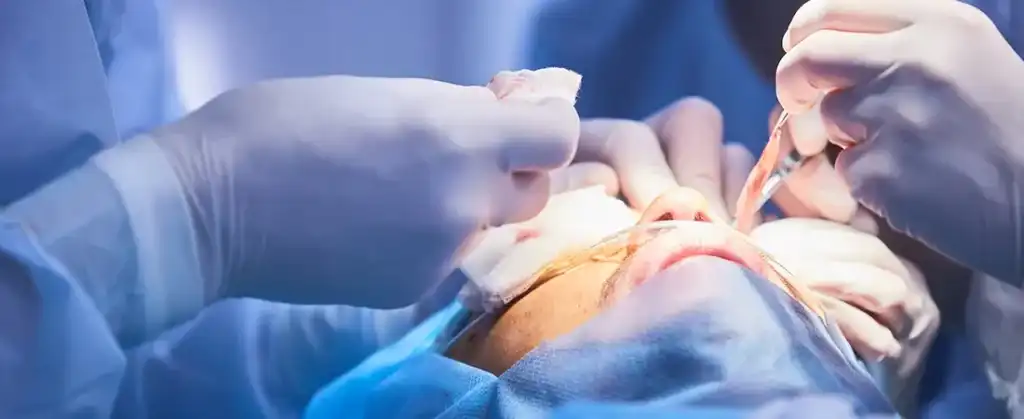Oculoplasty or ophthalmic plastic surgery is associated with the eye and its surrounding structures. This surgery is performed to improve the comfort, function, and appearance for the following:
- Eyelid Malposition
- Tear Drainage Problems
- Problems of the Orbit (eye socket)
- Skin Cancers of the Eyelid
- Eyebrow Problems
Firstly, there are various symptoms for which Oculoplasty is considered. As per the ophthalmologist’s observation and recommendation, one can go-ahead in Oculoplasty surgery. Some of the symptoms after which Oculoplasty is considered are:
- Excessive blinking of the eye
- Ptosis (drooping of the upper eyelid)
- Twitching of eyes
- Entropion (an inflammation where the eyelid is rolled inward against the eyeball)
- Wrinkles, scars or folds around the eye
- Blocked Tear Ducts
- A tumour growing in or around the eye
- Blepharoplasty (reconstruction of the eyelid)
- Bulging eyes
- Burns of the eyes
Types of Oculoplastic Surgeries
Depending on the symptoms and their diagnosis, there are various types of Oculoplastic Surgeries recommended included, but not limited to –
- Eyelid Surgery- inclusive of blepharoplasty, eyelid reconstruction, ptosis, entropion, and eyelid tumors
- Tear duct surgery
- Orbital surgery- in case of trauma, tumors or to manage thyroid
- Pediatric oculoplastic surgery- to manage eye defects and disorders in children
- Lifting of the forehead and eyebrows
- Rejuvenate and enhance facial features
- Botox and dermal fillers
Things to keep in mind before undergoing Oculoplasty surgery
Well, there are a few things you should take care of before the surgery would be –
- Make sure you are not under any medication that would make your blood thin. These discussions are done before the surgery.
- Before the surgery, it’s obligatory to go for a routine check-up and make sure it is safe for you to have the surgery.
- Smoking before the surgery and post the operation would not be a good idea. Also, make sure you do not drive until your doctor suggests it’s safe to do so.
It may sound like a tedious procedure, but it is not. Oculoplasty is not a very long and tiresome procedure; it’s a one day job! Depending upon the nature of your surgery, you may be given local (numbing) or general (asleep) anesthesia. As far as recovery is concerned, it will depend on the type of surgery you have had. Apart from instructions, regular follow-ups with your ophthalmologist are going to be an ongoing process until you recover fully. However, here are some hands-on tips for you to take care of yourself post-surgery –
- To reduce pain, bruising and swelling, apply ice pack and rest.
- It’s recommended avoiding activities that would raise your blood pressure. Indulge in such activities after the doctor tells you its safe.
- As a result of the surgery, you may experience increased tears flowing from your eyes, as well as sensitivity for light and wind. You might also experience blurry vision, however, it’s a healthy condition post-surgery.
Yet, if any discomfort persists for long, do not delay and visit your doctor. Though Oculoplasty surgery is free of any complications, yet patients tend to report some trouble during the recovery. So if you considering Oculoplasty, make sure you understand the process thoroughly and accordingly, proceed ahead. Be it any surgery you are going for, cosmetic or medical, Center For Sight, the best eye care centre offers comprehensive, state-of-the-art services for your eyes. The centre provides full treatment for droopy & tired eyes, eyelid bags, wrinkles & deep expression lines, dark circles, the aging eye, and facial skin changes. Options are also available for ptosis surgery, browlift, blepharoplasty (upper & lower), botox & dermal fillers.
Article: Oculoplasty surgery – Things you should know about it | Centre For Sight
Author: Dr Vikas | Oct 17 2019 | UPDATED 02:00 IST
*The views expressed here are solely those of the author in his private capacity and do not in any way represent the views of Centre for Sight.





